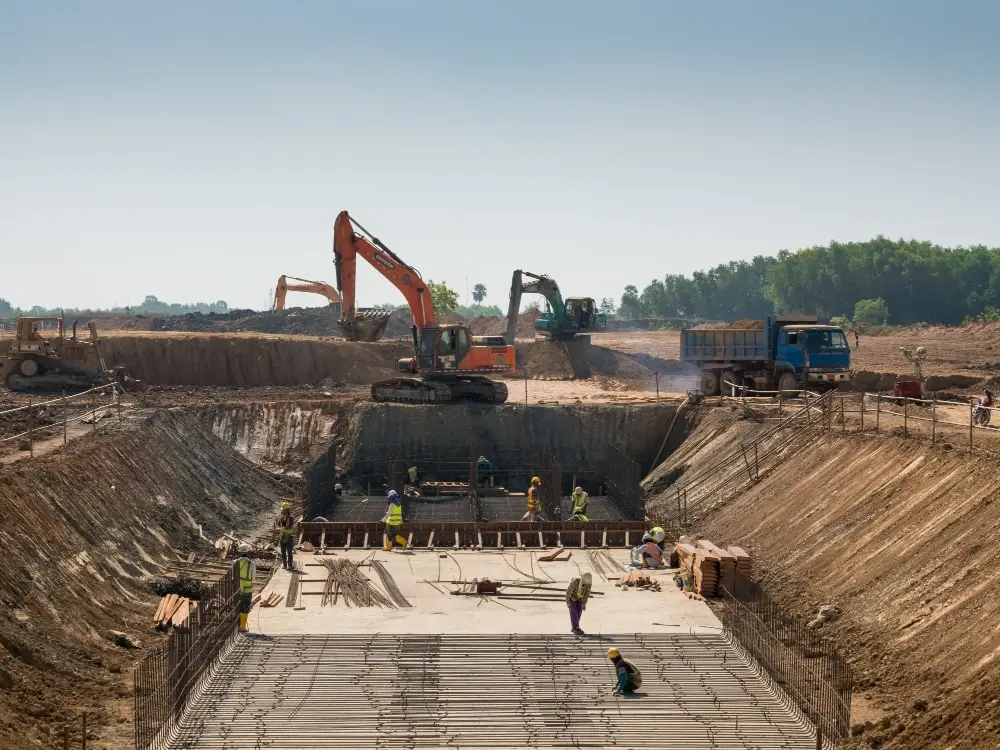How Rising Interest Rates Impact DSCR Loans: Navigating the Current Financial Landscape


Rising interest rates significantly impact Debt Service Coverage Ratio (DSCR) loans by increasing borrowing costs and affecting cash flow, making it harder for investors to meet debt obligations. As interest rates climb, loan payments rise, reducing DSCR ratios and limiting the borrower’s ability to secure financing or refinance existing loans. Investors must adapt by reassessing property values, rental income, and expense management strategies to maintain a healthy DSCR. This blog explores how investors can navigate these challenges, optimize cash flow, and make informed decisions in the current financial landscape to protect their real estate investments amidst rising rates
Understanding the Benefits and Drawbacks of DSCR Loans
Rising interest rates significantly impact Debt Service Coverage Ratio (DSCR) loans by increasing borrowing costs and affecting cash flow, making it harder for investors to meet debt obligations. As interest rates climb, loan payments rise, reducing DSCR ratios and limiting the borrower’s ability to secure financing or refinance existing loans. Investors must adapt by reassessing property values, rental income, and expense management strategies to maintain a healthy DSCR. This blog explores how investors can navigate these challenges, optimize cash flow, and make informed decisions in the current financial landscape to protect their real estate investments amidst rising rates are the drawbacks of dscr loans.
Types of DSCR Loans: Limits and Prepayment Guidelines


DSCR (Debt Service Coverage Ratio) loans are designed for real estate investors to qualify based on property income rather than personal income. There are different types of DSCR loans, each with varying limits and prepayment guidelines. These loans typically allow borrowers to secure financing with lower DSCRs for properties that generate sufficient rental income. Loan limits often depend on the lender and can range from $100,000 to millions, with higher limits requiring higher DSCR ratios. Prepayment guidelines vary, with some loans imposing penalties for early payoff while others offer flexible prepayment options without fees. Understanding these nuances helps investors manage cash flow and investment strategy efficiently.
How Can Real Estate Investors Maximize DSCR Loans?


Real estate investors can maximize DSCR (Debt Service Coverage Ratio) loans by focusing on properties that generate steady and reliable income, ensuring that their rental or investment income significantly exceeds the loan payments. To qualify for DSCR loans, investors should maintain a high DSCR—typically 1.25 or above—by managing property expenses, boosting rental income, and minimizing vacancies. Choosing properties in prime locations with strong rental demand also improves the DSCR ratio. Additionally, investors should thoroughly research lenders’ DSCR requirements, prepare accurate financial documentation, and leverage larger down payments to lower interest rates and enhance loan approval chances. Proper management and long-term rental strategies are key to optimizing DSCR loans for better investment outcomes.
DSCR Loans Demystified: Calculating Your Loan Amount and Understanding Key Terms


A Debt Service Coverage Ratio (DSCR) loan is a popular choice for real estate investors looking to qualify based on cash flow rather than personal income. This summary explains DSCR, the formula for calculating the loan amount, and the key terms you need to understand. DSCR measures the cash flow available to cover loan payments, with a higher ratio indicating better financial health. To calculate your loan amount, lenders assess the property’s net operating income (NOI) and the DSCR requirement. By grasping terms like net operating income, debt service, and DSCR thresholds, investors can make informed decisions and secure favorable loan terms. This comprehensive guide simplifies the DSCR loan process, empowering you to evaluate and qualify for real estate financing based on property performance.
Soft vs. Hard Credit Pulls in Loan Applications: What Investors Need to Know


When applying for loans, understanding the difference between soft and hard credit pulls is essential for investors. A soft credit pull is a preliminary check that doesn’t affect your credit score and is commonly used during pre-approvals or by lenders evaluating your financial history. On the other hand, a hard credit pull occurs when a formal credit application is made and can temporarily lower your credit score. Hard pulls are typically required when finalizing loans. Knowing how each impacts your credit can help you better navigate loan applications, protect your credit score, and make informed investment decisions.
13 Expert Tips for Successful Fix and Flip Projects and Maximizing ROI


A successful fix and flip project hinges on careful planning, strategic investment, and efficient execution to maximize ROI. Key expert tips include thoroughly researching the property market, setting a realistic budget, focusing on high-value renovations, and hiring experienced contractors. Timing the market right and ensuring swift turnaround times are essential for profitability. Additionally, it’s important to consider curb appeal, stay updated with local regulations, and plan for unexpected costs. Use professional staging to enhance the property’s appeal to buyers, and be prepared to negotiate to secure the best deals. With these strategies, you can successfully navigate fix and flip projects and boost your return on investment.
How to Refinance Your Investment Property with Munshi.biz


Refinancing your investment property through Munshi.biz offers a strategic way to reduce monthly payments, secure better interest rates, and unlock equity for future investments. This process involves replacing your current mortgage with a new loan, tailored to suit your updated financial goals. At Munshi.biz, you’ll find competitive rates, flexible terms, and expert guidance to ensure you make the most of your investment. Whether you’re looking to lower your mortgage payments, consolidate debt, or fund renovations, refinancing can help you increase cash flow and build long-term wealth. Explore Munshi.biz for personalized solutions to meet your refinancing needs effectively.
Short-Term Rental Properties Financing: Opportunities and Challenges


Short-term rental properties offer lucrative investment opportunities, but securing financing can present unique challenges. Investors have multiple financing options, including conventional mortgages, hard money loans, and DSCR loans, each with varying requirements. While short-term rental properties promise high returns through platforms like Airbnb, lenders often scrutinize fluctuating income streams and property management experience. Key challenges include stricter loan terms, higher interest rates, and lender concerns over occupancy rates. However, with proper financial planning and a strong business strategy, investors can successfully navigate these hurdles, capitalize on rising demand, and maximize returns in the thriving short-term rental market.
Ground Up Construction Loans: Financing Your Dream Project from Scratch


Ground Up Construction Loans are specialized financing options designed for those looking to build a property from scratch. These loans cover the entire construction process, from purchasing land to completing the building. Unlike traditional mortgages, construction loans are disbursed in stages as the project progresses, and often require a detailed plan and budget. Key benefits include flexibility, customizable loan terms, and interest-only payments during construction. Borrowers typically need a strong credit score, a solid plan, and a reliable builder to qualify. Ground Up Construction Loans are ideal for building your dream project, offering tailored financial solutions that evolve with the project’s needs.
